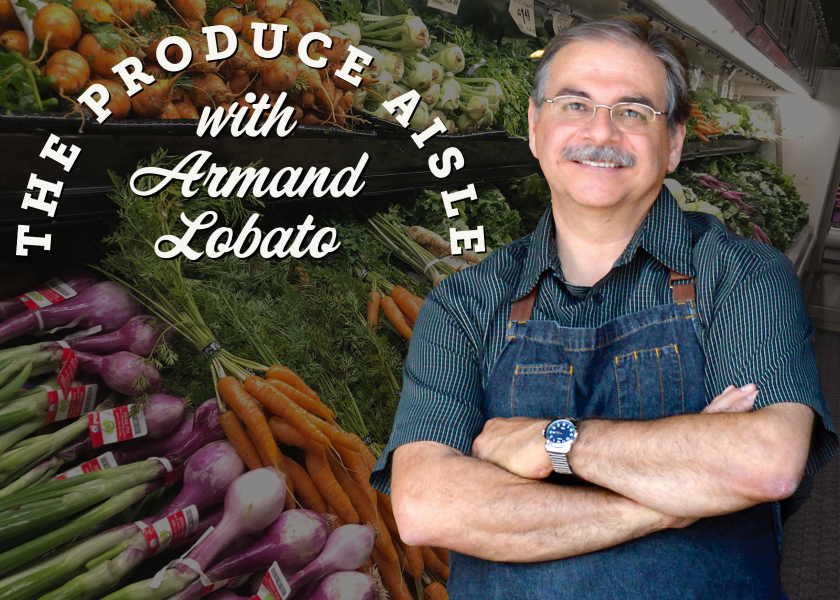Produce managers: keep focus on managing, not buying

Years ago, I, along with another produce specialist, supervised a 66-store chain. One day, in the early going of my position, I discovered a store carrying an unusual apple label, so I called our warehouse to get more information. Our produce buyer was not at all happy when I gave him the apple label’s details.
“They’re allowed to buy herbs from that vendor, not apples — or anything else,” he said with a growl. “We don’t need 66 buyers out there!” It wasn’t until years later, when I became a produce buyer myself, that I fully understood the damage that stores like this can potentially do.
In the case of the off-label apples, the store’s produce manager explained that the vendor offered a “hot” price on their goods, lower than what the store could buy from their own warehouse. So, the produce manager succumbed to the temptation, buying all he could to help pad his gross profit margin — which, on the surface seemed to make sense.
Related: Produce supervisor role: When in ‘Roam’ …
However, our company produce buyer explained (after I provided a full description and information from the side of the vendor-supplied local apples) that the produce in question was a lesser grade and smaller size than our chain specified, and in fact, the produce manager overpaid for that grade. A big no-no in many respects. As time went on, I learned these facts:
A store’s loyalty needs to be to their distribution center/company warehouse first. When a buyer determines the needs for a chain, as the appointed expert, they work with specific sources because of the shipper’s quality reputation, adherence to good agricultural practices, proper maintenance of a central critical control point for inbound inspections, and ability to trace each product in case of recall or other safety-related issues, among other points. A produce buyer and overall operation depends on the stores to draw from the warehouse supply. If stores are allowed to buy from outside vendors with similar products, this can create a logjam of fresh produce inventory in the warehouse that needs to flow to the stores, not sit in the reserve racking. Unsold produce creates excessive shrink (among other problems).
Only the produce director and buyer should determine what ends up in the stores from designated, approved vendors. Every company dictates its quality and size specs — specified grades and measurements of what should be on the produce departments shelves. If a company specifies 12-count cantaloupe, for example, that’s the size selected as it relates most often to pricing. If a contrary produce manager opts to buy 18- or 9-count melons from an outside vendor, this will affect overall pricing, inventory control, gross profit and the integrity of how the produce department is managed.
Oftentimes a company will allow some outside buying, and gladly empower their produce managers, but only to a certain degree. This may include dealing with a local farmer who supplies items in season for a short period of time, or a specialized category line such as the herbs mentioned, or perhaps an organic or specialty supplier is allowed. Companies will be wise to specify what freedom range is permitted to their produce managers, for all the reasons listed, be it in consideration of warehouse support; sticking to size, pack and quality species; and, of course, safety guidelines.
The produce manager’s focus is on execution. What every company will agree on is that every produce manager’s primary focus is on doing just what their title implies: managing the produce department. Leave the bulk of the sourcing to the designated few who are most qualified.
More from Lobato:







